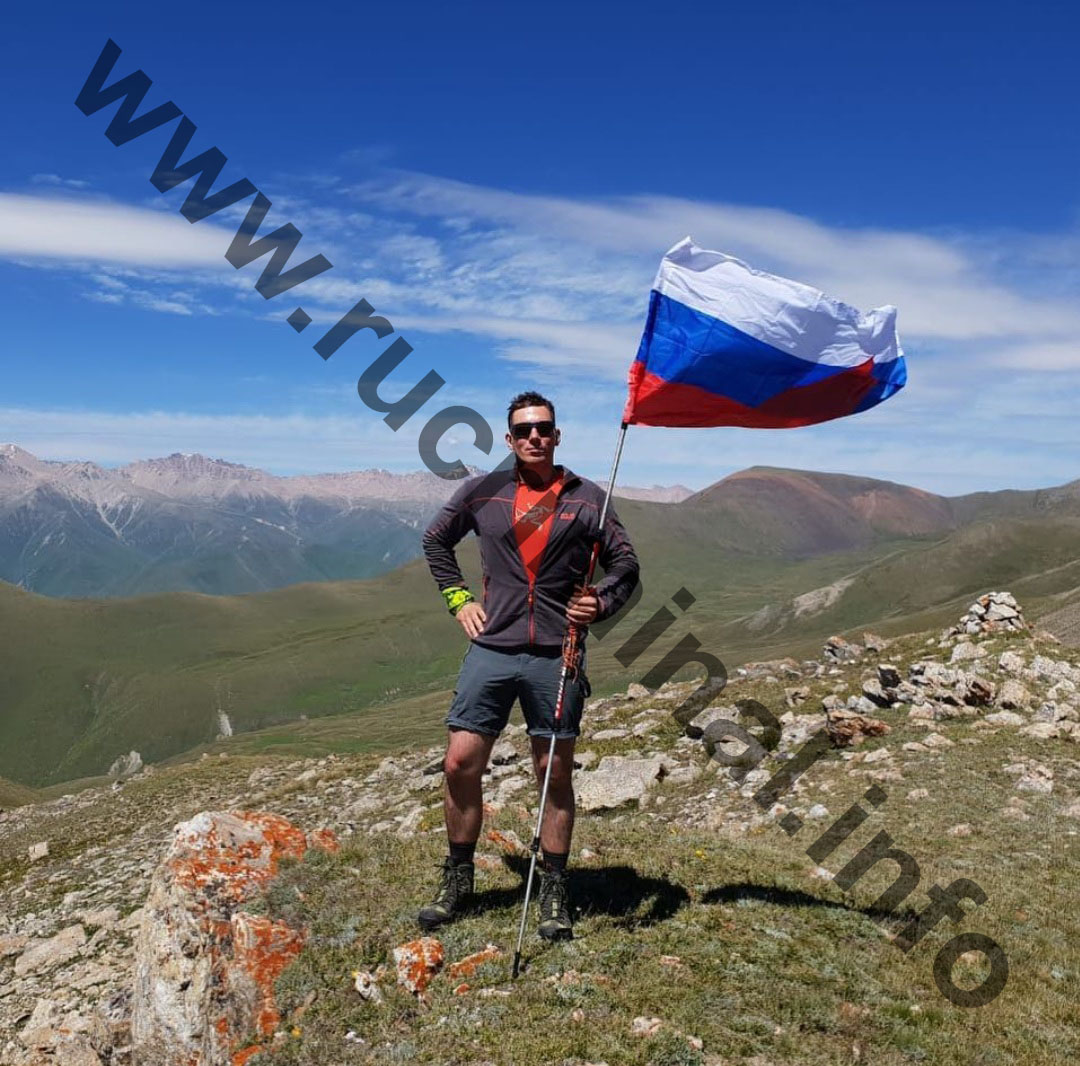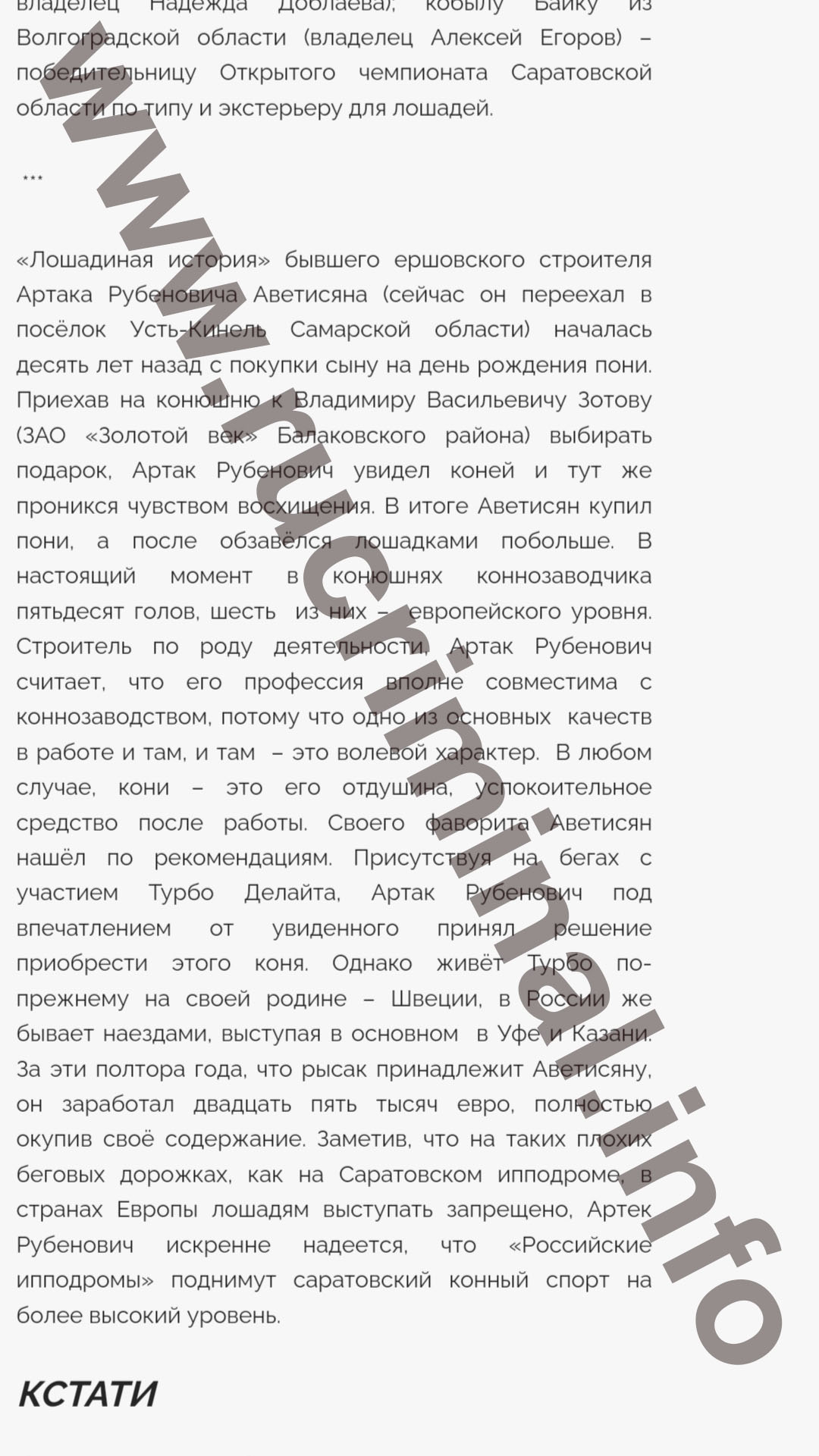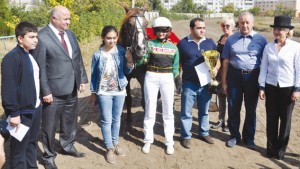Last week, searches were carried out at the Russian Railways 'Directorate for the Construction of Communication Networks (DKSS) branch and at the Russian Railways' branch. The events took place within the framework of the case of embezzlement by fraud (Article 159 of the Criminal Code of the Russian Federation). According to the telegram channel VChK-OGPU, the deputy head of the DKSS and the deputy head of the Spetsmostotrest were also detained last Sunday.
The scheme of theft was extremely simple - they signed an act of acceptance of the work performed (forms KS-2), which in reality were not performed. The order to sign the acceptance certificates for outstanding work came from the head of the Moscow directorate of the DKSS Artak Avetisyan (former deputy general director of RZDstroy). It was he who, out of old friendship with the leadership of RZDstroy, negotiated such schemes.
A Rucriminal.info source said that Avetisyan is a former manager of the Samara Trust of Russian Railways, where he became extremely rich by mastering budget funds. Then Avetisyan actively showed himself at a construction site in Sochi and was already included in very serious schemes for working with state money. And the next stage was Avetisyan's hit on the "gold mine" - the construction of the Moscow Central Ring (MCC). The embezzlement of funds for this project went on in unprecedented volumes, and Avetisyan was just the curator of the construction of the MCC. Rucriminal.info told how the funds of the MCC were plundered by the former head of the procurement group of the DKRS of JSC Russian Railways, and now the deputy general director for construction of the 1520 Group of Companies Vladimir Volkov and his friend, the head of the investment service of the Moscow Railway (MZD), Andrey Soldatenko. They were the organizers of the scam, as a result of which at least 122 million rubles were stolen from Russian Railways. The essence of the scam is simple. For the construction of the Moscow Central Ring (MCC), it was necessary to buy out garages from the population. They were estimated so that the cost of the garage was several million, then an agreement was concluded with an affiliated company to buy these garages. The garages were bought for 200-300 thousand, and the friends and their partners took the difference for themselves. Soldatenko was imprisoned, and Volkov fled to Indonesia, served there for several years and managed to negotiate his return to Russia.

Avetisyan, after successfully using the funds of the MCC, was transferred to the head of the DKSS. He himself considers this a decrease and is extremely dissatisfied. Avetisyan has long imagined himself to be "great" and "successful." At the same time, he does not really hide his wealth. At the beginning of his career in Samara, the local newspaper "Krestyanskaya Dvor" published the following article: "Horse history" by the former Ershov builder Artak Rubenovich Avetisyan (now he moved to the village of Ust-Kinel, Samara region) began ten years ago with a purchase for his son for a day birth pony. Arriving at the stables of Vladimir Vasilyevich Zotov (ZAO Zolotoy Vek, Balakovo District) to choose a gift, Artak Rubenovich saw the horses and immediately felt a sense of admiration. As a result, Avetisyan bought a pony, and after that he got bigger horses. At the moment, there are fifty heads in the breeder's stables, six of them are of European level. A builder by occupation, Artak Rubenovich believes that his profession is quite compatible with horse breeding, because one of the main qualities in work both there and there is a strong-willed character. In any case, horses are his outlet, a sedative after work. Avetisyan found his favorite based on recommendations. Attending the races with the participation of Turbo Delight, Artak Rubenovich, impressed by what he saw, decided to buy this horse. However, Turbo still lives in his homeland - Sweden, while in Russia he visits Russia, performing mainly in Ufa and Kazan. During the one and a half years that the trotter belongs to Avetisyan, he earned twenty-five thousand euros, fully recouping his maintenance. Noticing that it is forbidden for horses to compete on such bad running tracks as at the Saratov Hippodrome in European countries, Artek Rubenovich sincerely hopes that the Russian Hippodromes will raise Saratov equestrian sport to a higher level. "

To be continued
Timofey Grishin






